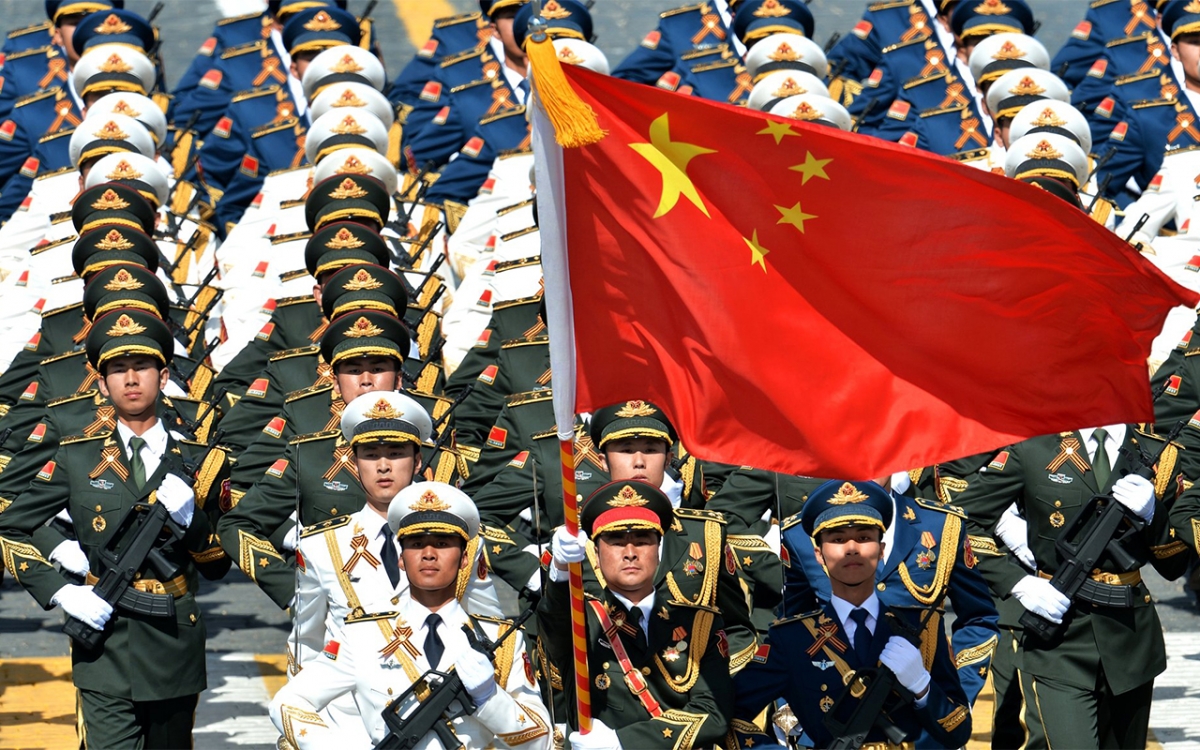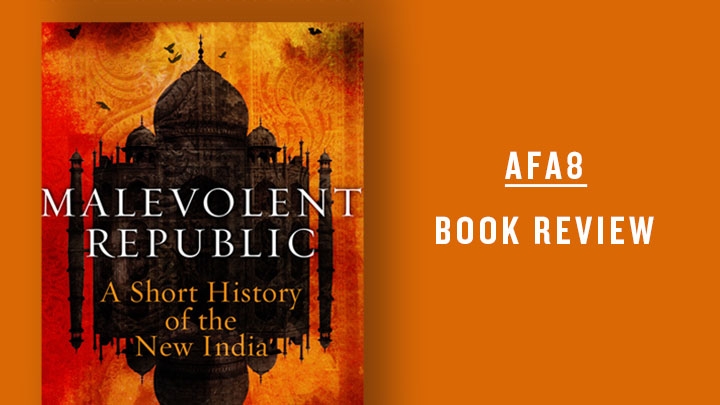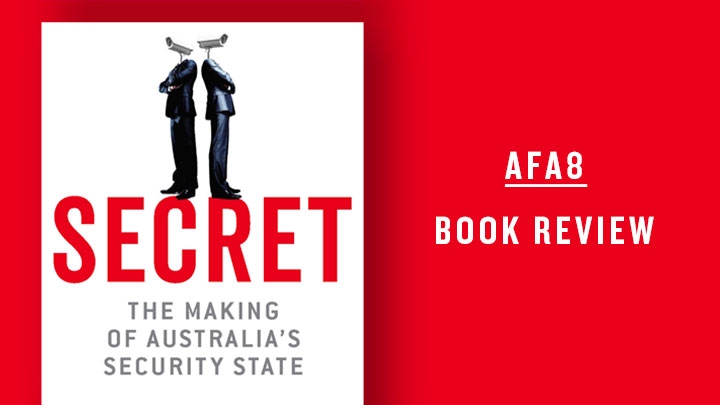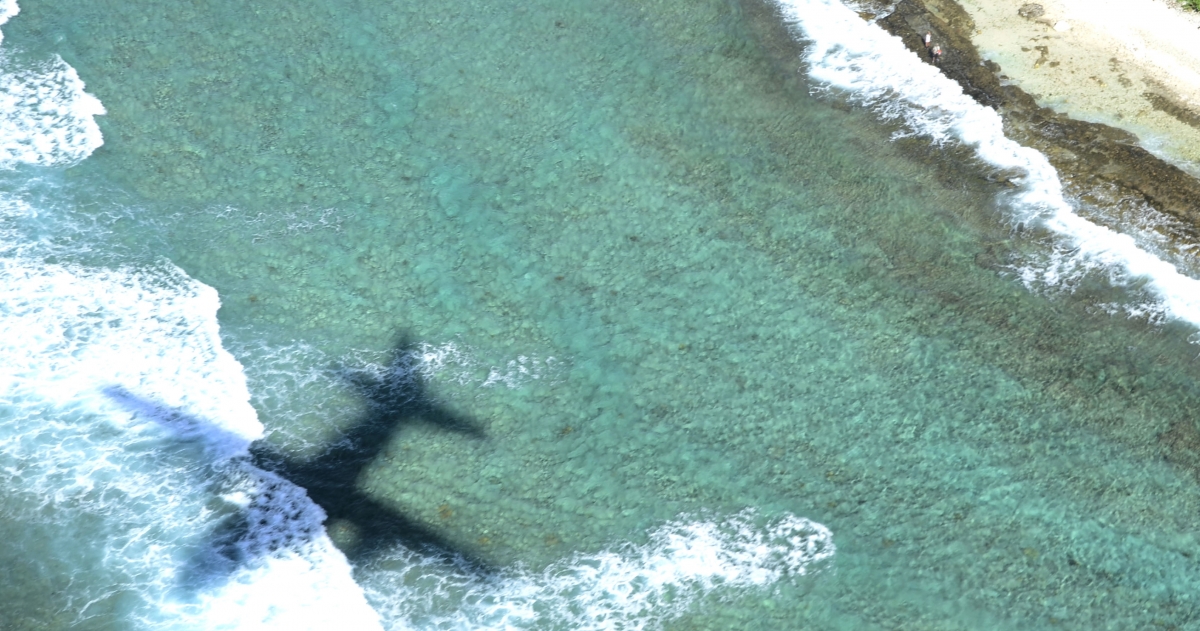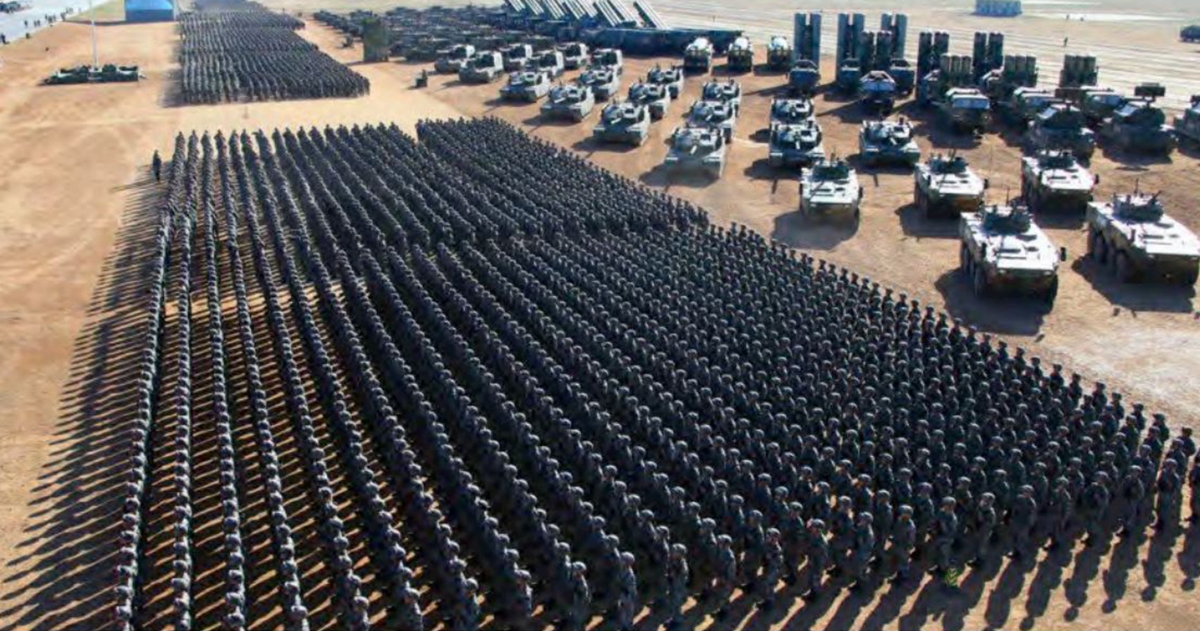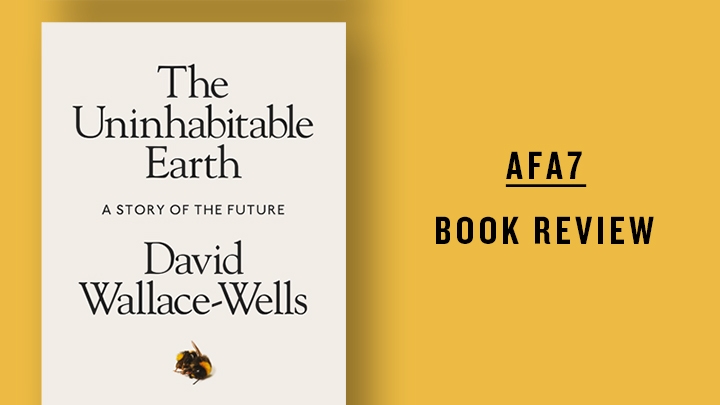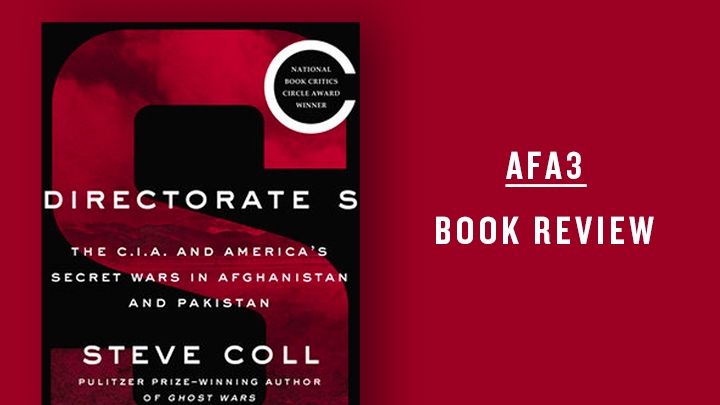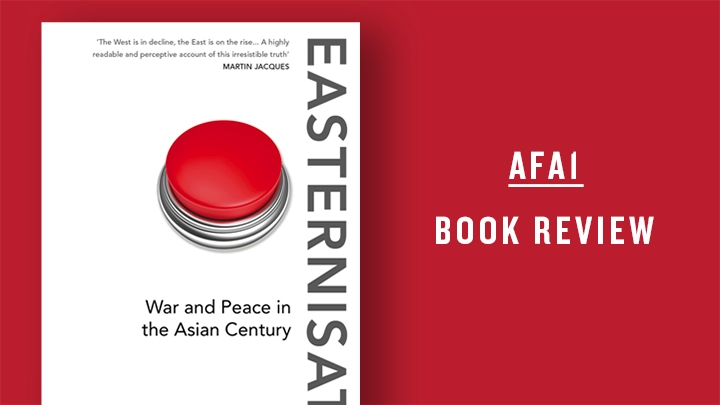Allan Gyngell’s essay is commendable for its even-keeled policy prescriptions and rare level-headed tone in discussing our complex and consequential relationship with China.
The China debate in Australia is becoming dominated by competing filters, as Gyngell points out. He warns that politicians voicing their thought bubbles can be outright damaging to the national interest. Our policy on China calls for bipartisanship and should be founded on sound foreign policy principles, not play to the populism of the day.





